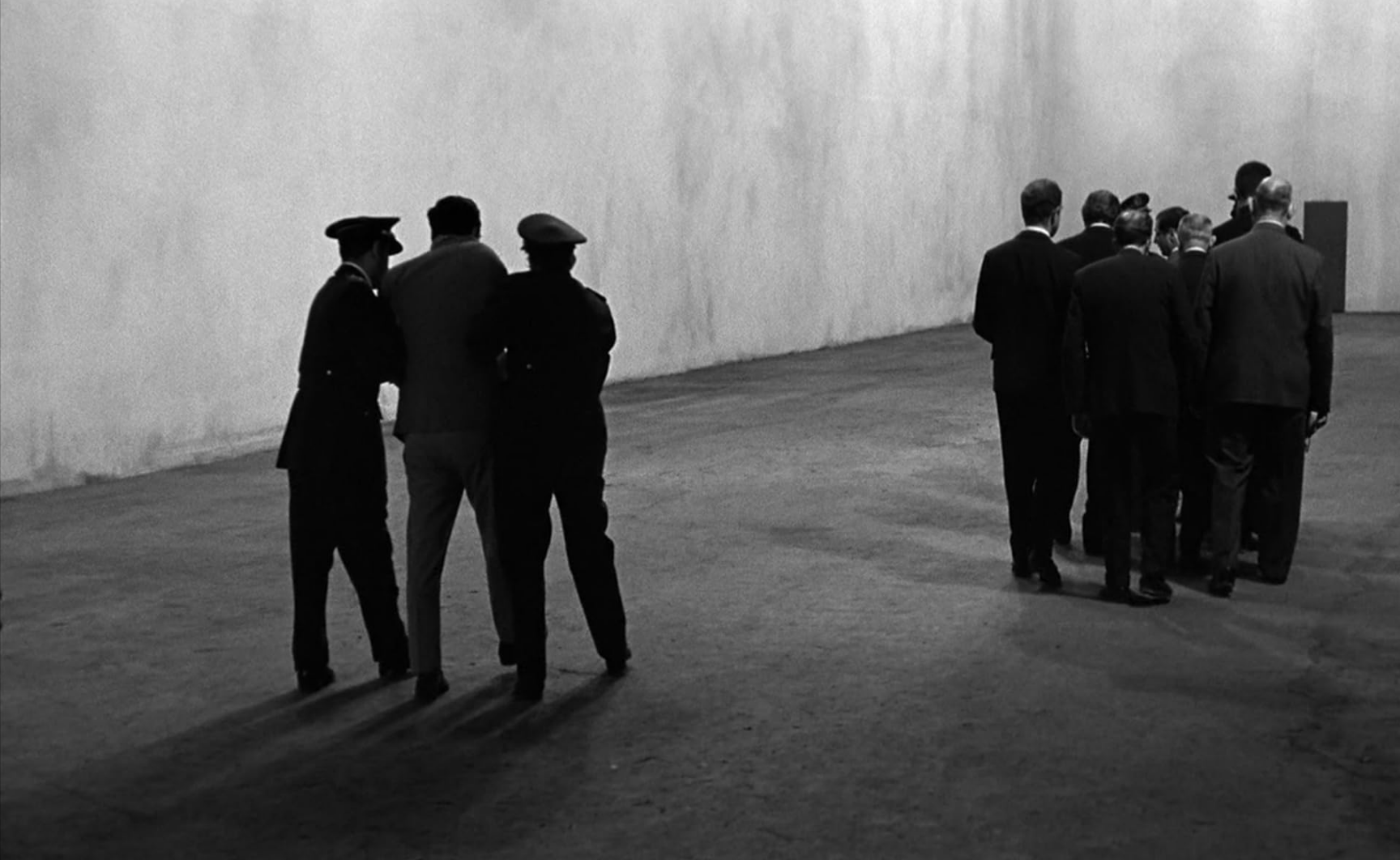Empanadas Ilegales’ new album Sancocho Trifásico is an ode to Latin history, musical traditions, and culture
/Empanadas Ilegales. photography by Sebastian Figueroa.
“Our goal is to break the design flaw,” says Daniel Hernandez Pinto, bassist for the Vancouver-based band, Empanadas Ilegales. Hernanadez Pinto and Daniel Ruiz, two members of their nine piece ensemble, had met me virtually; I was sun soaked in Jalisco practicing my Spanish when we arranged to meet. They made me miss Vancouver, meeting me with the kind of warmth needed in a city still raining on the precipice of June.
Empanadas Ilegales, in its’ inception in 2017, was born out of the city's university circuit: a heartfelt response from UBC and Emily Carr students navigating a diasporic disconnection while living and learning in Vancouver.
Hernandez Pinto and Ruiz — originally from Cartagena and Bogota, Colombia, respectively — attribute the band's sound today to this Pan-American connectivity. Empanadas Ilegales has been made up of multifaceted musicians from Colombia, Argentina, Ecuador, Peru, and Brazil, but honing and honouring the musical traditions that raised them wasn't a happenstance.
“We made a purposeful decision to unlearn everything we had learned, really connect with [our] roots, and make music that connects us to our land of South America,” said Hernandez Pinto. "We would get together to jam a lot at house parties and things like that. Over time we realized that we're falling back into North American style music.”
Sancocho Trifásico album cover, by Empanadas Ilegales
Backed by the intention to honour musical traditions from South America, the band describes their emblematic sound as psychedelic cumbia & salsa combo infused with surf rock, free jazz, and West Coast psychedelia.
I was introduced to Empanadas Ilegales through “Cumbia del Pálido,” a song that in my limited musical knowledge I can only describe as flirty. The percussion teases while bass and guitar riffs entice; congos disrupt with a beat you must attach yourself too. I felt my shoulders moving forward and back with the cumbia rhythms, my midsection shifting, almost inexplicably. As the song comes to a close, it quickens, my breath going with it.
I asked drummer, Daniel Ruiz, to paint the picture of an Empanadas Ilegales show for me.
“I call it the beetle juice effect,” he laughed. “I'm always looking for [the people not dancing], like OK. My challenge is to make you dance. By the end they’re just like moving and don't care. It's totally a beetlejuice effect — they got possessed by the music and didn’t care whether they’re moving their hips right or whatever. [We are] making sure that they feel the music, not just listen, they feel it.”
The design flaw; the too-common experience of Vancouver as disjointed or difficult to navigate socially, is bridged in spaces where connection does not just sporadically happen, but is intentionally curated through collective experience.
“We play music for the dance floor,” said Hernandez Pinto. “The whole understanding of the audience and performers as separate… for us it’s not the case. I always play as a response to the audience. We are the same, we are all part of the music whether we are playing it or not.”
Empanadas Ilegales forthcoming album, Sancocho Trifásico, continues this cultural, social and diasporic intentionality. Combining traditional rhythms with celebrations of contemporary influences, the album explores Latin American culture, histories and folklore.
The opening track on the album, “Suto Ta Kandá,” is inspired by San Basilio de Palenque, a historic Afro-Colombian village, renowned as the “first free town,” founded in the 16th century by Africans who escaped the Spanish slave trade.
“It’s such a powerful story that not a lot of people from Colombia know. We wanted to shed light and bring Palenque to the forefront. There's so many good musicians back in Colombia, and there's so much richness in Palenque; they have their own languages that they’ve preserved throughout the years; they have their own music styles that they've preserved throughout the years. Our goal was to collaborate with an artist from Palenque, in this case, Jerlin Torres Salgado, who is a good friend of mine,” said Hernandez Pinto.
Empanadas Ilegales, gaining traction at festivals across the lower mainland, continue with their histories in hand. Ruiz recalls a night performing at Green Auto, when the PA broke down and the band was forced to rely only on their percussion.
“I just closed my eyes and I felt like I was supported by my grandfather, by my dad — like they were here. I looked up and all of a sudden the whole audience is bouncing and vibing and I was like ‘oh my God, this is exactly what I needed after being in Vancouver for so long.’”
Sancocho Trifásico is set to be released on June 6, 2025, with a live album release party on the same night at the Hollywood Theatre. Tickets are available through Eventbrite.
Empanadas Ilegales is a Vancouver, British Columbia-based psychedelic cumbia and salsa ensemble known for genre-bending compositions and kinetic live performances. Formed in 2017 by musicians with roots in Colombia, Ecuador, Argentina, and Canada, the group merges Latin American traditions with surf rock, free jazz, and experimental psychedelia. With performances at major events including Sled Island, Montreal Jazz Festival, and JUNOFest, the band continues to expand their reach—bridging cultures, sounds, and generations through rhythm-forward, dance-driven musical storytelling. Their music is a call and response connecting hemispheres—always fresh, never boxed in. Like your abuela’s best soup, it’s lovingly crafted from scratch, rich with history, and always gets people dancing.
Kiara Destiny Okonkwo is a writer and academic born and raised on the unceded contemporary lands of the Stó:lō Peoples. Since 2023, she has served as Print Editor at SAD and has had her creative work published in several community zines. Her work explores place, community, and identity—uncovering and challenging dominant narratives, destabilizing notions of “Canadian” culture, and reflecting the complexities of belonging.







